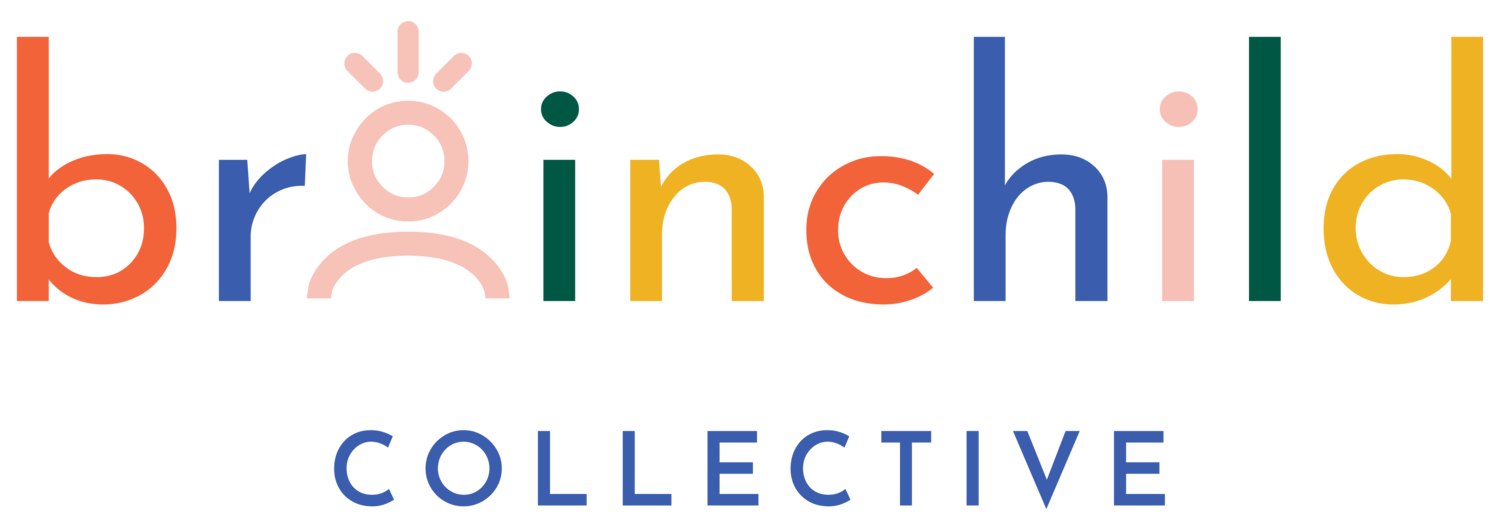What are the Social Emotional Learning Standards?
Social-emotional learning (SEL) is a widely accepted and essential education component, fostering students' emotional intelligence, interpersonal skills, and self-awareness. The Collaborative for Academic, Social, and Emotional Learning (CASEL) has played a pivotal role in defining and advancing SEL standards. In this comprehensive guide, we will explore each of CASEL's five core competencies, providing a clear understanding of their significance in the educational landscape.
What are SEL Standards?
Educators, counselors, and teachers are familiar with the idea of standards, which are set goals for what students should know and be able to do while learning academic content, as defined by the U.S. Department of Education. Similarly, SEL standards offer a framework for developing essential skills beyond academics.
How Do SEL Standards Shape Educational Goals?
Like their academic counterparts, SEL standards provide a shared language that allows educators and policymakers to discuss the key aspects students should learn from their SEL curriculum. These standards are not a one-size-fits-all approach; instead, they encompass a development continuum across five core SEL competencies: Self-Awareness, Self-Management, Social Awareness, Relationship Skills, and Responsible Decision-Making.
Much like academic standards, SEL standards play a crucial role in determining developmentally and grade-appropriate goals for students and teachers to work toward. These standards provide a clear roadmap for integrating SEL into educational curricula, ensuring that students receive age-appropriate instruction tailored to their emotional and social needs.
How Do SEL Standards Guide Student Development?
SEL standards are designed to guide development across the five core competencies. For instance, they delineate expectations for students to develop a deep understanding of their emotions (Self-Awareness), effectively manage those emotions (Self-Management), empathize with others (Social Awareness), build positive relationships (Relationship Skills), and make responsible decisions (Responsible Decision-Making). The importance of CASEL's standards extends beyond traditional academic skills.
Fostering emotional intelligence, interpersonal skills, and self-awareness through SEL is instrumental in preparing students for academic success and life's broader challenges. Educators who incorporate SEL standards into their teaching practices ensure that students meet academic milestones and progress in their social-emotional development.
Which States Have SEL Standards?
While not every state has established specific SEL standards, many have embraced these guidelines. 29 states have taken proactive steps to provide educators and teachers with SEL standards.
To offer a more comprehensive overview, we've compiled a list of states with established SEL standards across various regions. Each state's commitment to SEL reflects a shared dedication to nurturing students' holistic development and preparing them for the challenges and triumphs of their educational journey.
Western States with SEL Standards:
California
Colorado
Idaho
Nevada
Oregon
Washington
Western States without SEL Standards:
Arizona
Montana
Utah
Wyoming
Mid-Western States with SEL Standards:
Illinois
Indiana
Kansas
Michigan
Missouri
North Dakota
Ohio
Wisconsin
Mid-Western States without SEL Standards:
Iowa
Minnesota
Nebraska
South Dakota
North-Eastern States with SEL Standards:
Connecticut
Massachusetts
Maine
New Hampshire
New Jersey
New York
Pennsylvania
Rhode Island
Vermont
North-Eastern States without SEL Standards:
Delaware
Maryland
Virginia
Southern States with SEL Standards:
Alabama
Delaware
Georgia
Maryland
Tennessee
West Virginia
Southern States without SEL Standards:
Arkansas
Florida
Kentucky
Louisiana
Mississippi
North Carolina
Oklahoma
South Carolina
Texas
Virginia
What’s Next for SEL Standards in Education
The adoption of SEL standards is a growing trend, with more than 28 states recognizing the need to prioritize students' social and emotional development. While these states have taken significant steps, staying informed about ongoing developments in other regions is essential. By exploring which states have embraced SEL standards, educators can gain insights into the nationwide momentum towards a more holistic and emotionally intelligent approach to education.
CASEL's standards form the bedrock of Social-Emotional Learning, providing educators with a comprehensive framework to nurture the holistic development of students. Grounded in extensive research, these standards go beyond academic achievements, preparing students for a future where emotional intelligence and interpersonal skills are indispensable. By integrating these competencies into daily teaching practices, educators contribute significantly to the well-being and success of their students.
